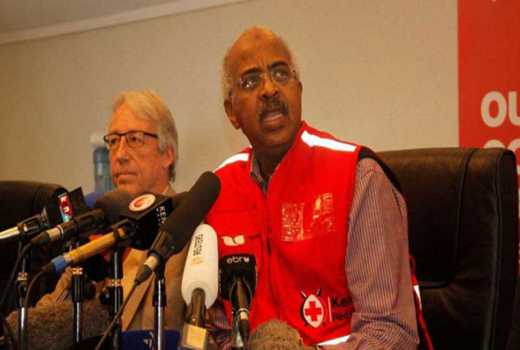×
The Standard e-Paper
Fearless, Trusted News

More than 5,000 Ethiopians have crossed into Kenya seeking refuge since March 10, the Kenyan Red Cross Society said on Tuesday.
More refugees were expected to flock into Moyale Town in Kenya stretching services there after nine civilians were killed in what the Ethiopian military said was a botched security operation targeting militants.